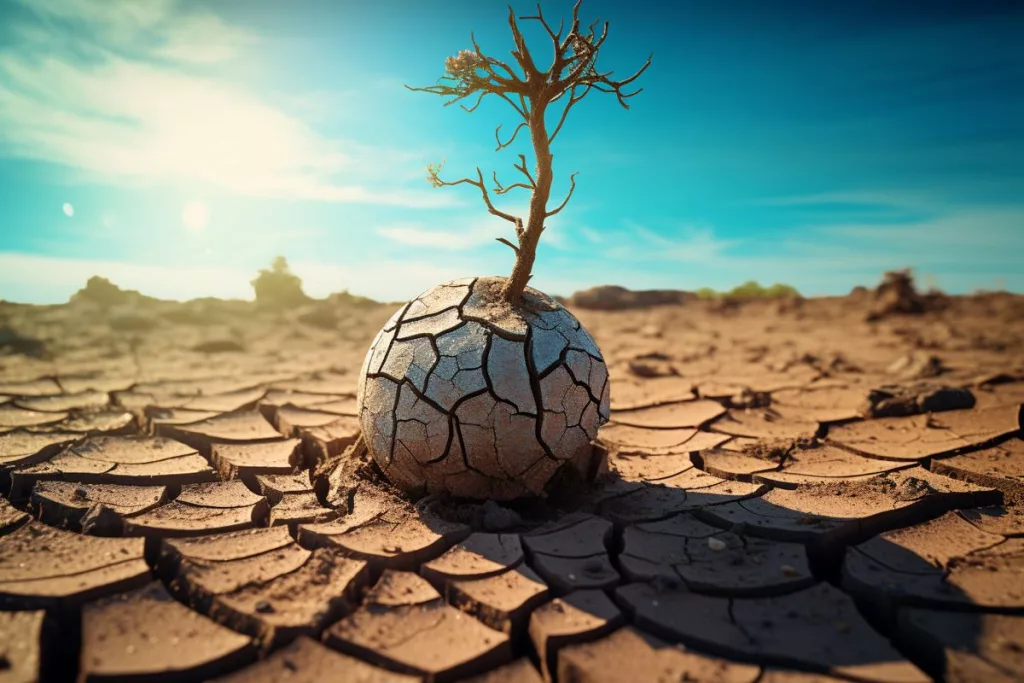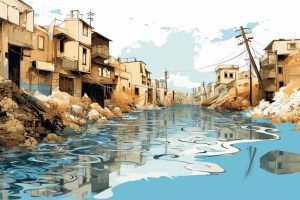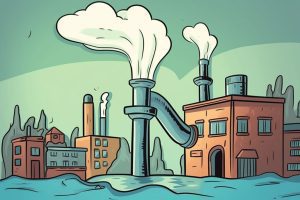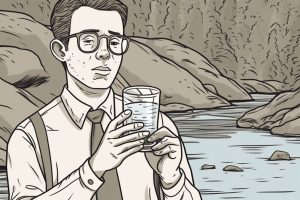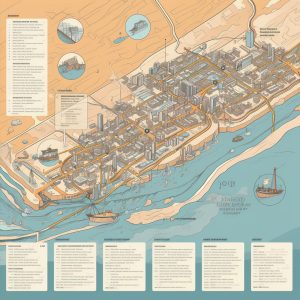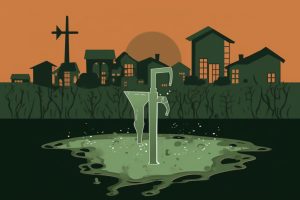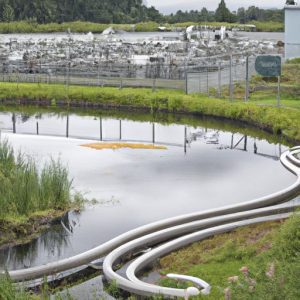South Africa is facing a water quality crisis as almost half of its potable water does not meet microbiological standards for human consumption, according to the Department of Water and Sanitation’s Blue Drop Report. The report covers all 958 water supply systems across the nation’s 144 water services authorities, highlighting the urgent need for a sturdy infrastructure to support water supply. The report also indicates a significant decline in water quality over the past ten years, with the Northern Cape standing in a particularly bleak position. Immediate action is needed to address this issue and ensure a watersecure future for the country.
South African Minister Supports Investigation into Rooiwal Wastewater Treatment Plant
South African Minister of Water and Sanitation, Mr. Senzo Mchunu, supports an investigation into allegations of corruption and maladministration related to a R295 million tender granted for the renovation and improvement of the Rooiwal Waste Water Treatment Works. The plant has struggled with operational and maintenance issues, resulting in inadequate effluent treatment and contamination of the Apies River and the Leeuwkraal Dam. This pollution has negatively impacted the water quality in the Leeuwkraal Dam, compromising the drinkability of the water supplied to the Hammanskraal area. The Special Investigating Unit will probe the allegations and the City of Tshwane will address water quality and supply problems.
Water is an indispensable resource for the survival of all living beings. In South Africa, water quality has been a concern for both residents and authorities. Recently, Senzo Mchunu, the Minister of Water and Sanitation, presented the Interim Blue, Green, and No Drop Watch Reports that assess water quality, wastewater management, water conservation, and demand management.
The recent cholera outbreaks in Hammanskraal, Tshwane, and Parys, Ngwathe Local Municipality, Free State, have raised concerns about water quality in South Africa. The Department of Water and Sanitation (DWS) is working with the Department of Health and relevant municipalities to conduct water quality tests and trace infections. In this article, we explore the measures being taken to ensure safe drinking water in affected areas and across the country.
Cape Town, a beautiful city located at the southernmost point of Africa, firmly assures its residents of the safety and quality of its drinking water. The city’s strong dedication to providing safe and reliable water to its population, even during prolonged loadshedding periods, is a testament to its commitment to public health.
Cholera outbreaks are a common occurrence in areas with poor water quality and sanitation, and Hammanskraal is no exception. The government has acknowledged the gravity of this crisis and is taking swift action to mitigate its effects. However, a longterm solution to water supply and quality issues in the area is still being developed.
Cape Town, the secondlargest city in South Africa, is known for its beautiful landscapes and natural wonders. However, the city has been facing a significant challenge concerning the decline in water quality. Issues affecting the rivers, vleis, waterways, and wetlands have led to severe environmental problems, causing health hazards and affecting the quality of life of residents.

